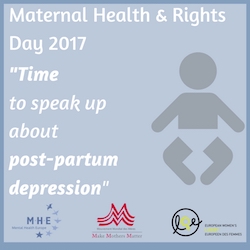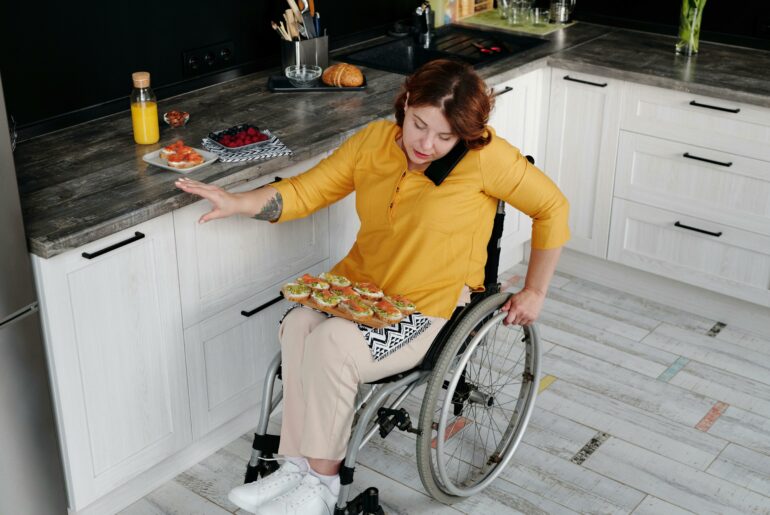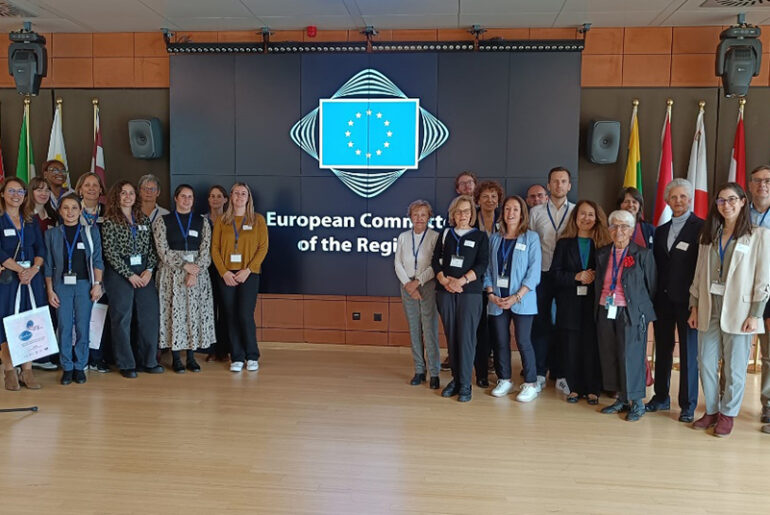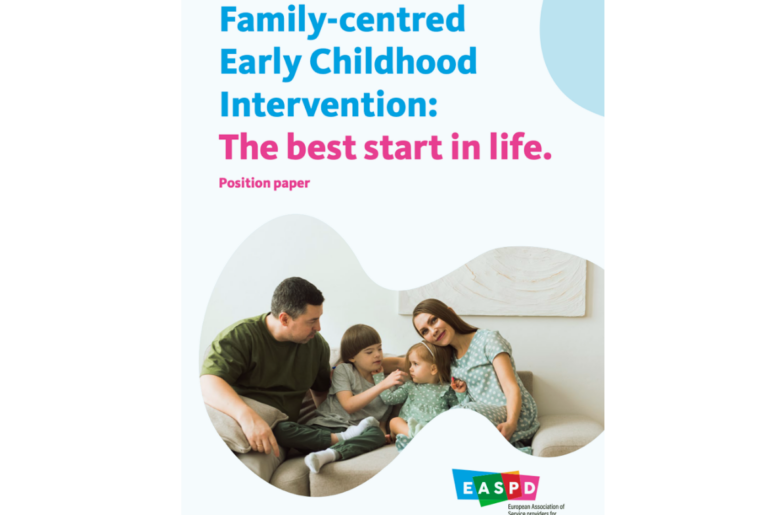International Day for Maternal Health: Let’s talk about post-partum depression
11.04.17
This year’s International Day for Maternal Health we want to shed a light on depression, one of the most common mental health problems in Europe.

 One in seven people may experience depression at some point in their lives and each of us may be affected. On this Day, Mental Health Europe (MHE), Make Mothers Matter (MMM) and the European Women’s Lobby (EWL) join forces to break the silence around one specific form of depression: post-partum depression.
One in seven people may experience depression at some point in their lives and each of us may be affected. On this Day, Mental Health Europe (MHE), Make Mothers Matter (MMM) and the European Women’s Lobby (EWL) join forces to break the silence around one specific form of depression: post-partum depression.
According to the World Health Organization, approximately 10-15% of women suffer from postpartum depression in Europe and worldwide, which occurs after having a baby. The impact on women and their families can be very challenging. The experience and feelings of postpartum depression are intense and should not be confused with the “baby blues”, a commonly used term to describe the worry and tiredness many women experience after giving birth.
What can Europe do? Affordable, accessible, quality maternal health care varies greatly between Member States. Our respective organisations call on the European Commission to ensure that the upcoming package on work-life balance is ambitious including legislative proposals such as a longer maternity and parental leave and a new paternity and carer’s leave directive addressing the root causes of ill health in mothers. We also suggest further research in the field of post-partum depression as well as the impact of obstetric violence on the psychological well-being of women as suggested by the WHO. It is also important to look into developing European-wide awareness-raising initiatives and guidelines on respectful and non-abusive care during childbirth which acknowledges the link between mental and physical health, respects human rights including the right of all mothers and their families to access appropriate and quality care and support.
For more information
Envisioning care as a common thread to global crises
29.07.24
UN New York - Our virtual HLPF side-event brought together experts to shed light on how the various global crises we face (in particular climate change and other environmental crises,
We call for multi-stakeholder approach to recognise and support unpaid care work
21.07.24
UN New York - Participating in the meeting of the UN Economic and Social Council (ECOSOC) on care and support systems, MMM reaffirmed the principle of co-responsibility, which should underpin
The New EU Gender Equality Roadmap : A Call for Inclusion of Mothers
04.03.25
The European Commission’s initiative on a new Gender Equality Roadmap post-2025, marks a significant step forward in addressing gender disparities across the European Union. Make Mothers Matter (MMM








